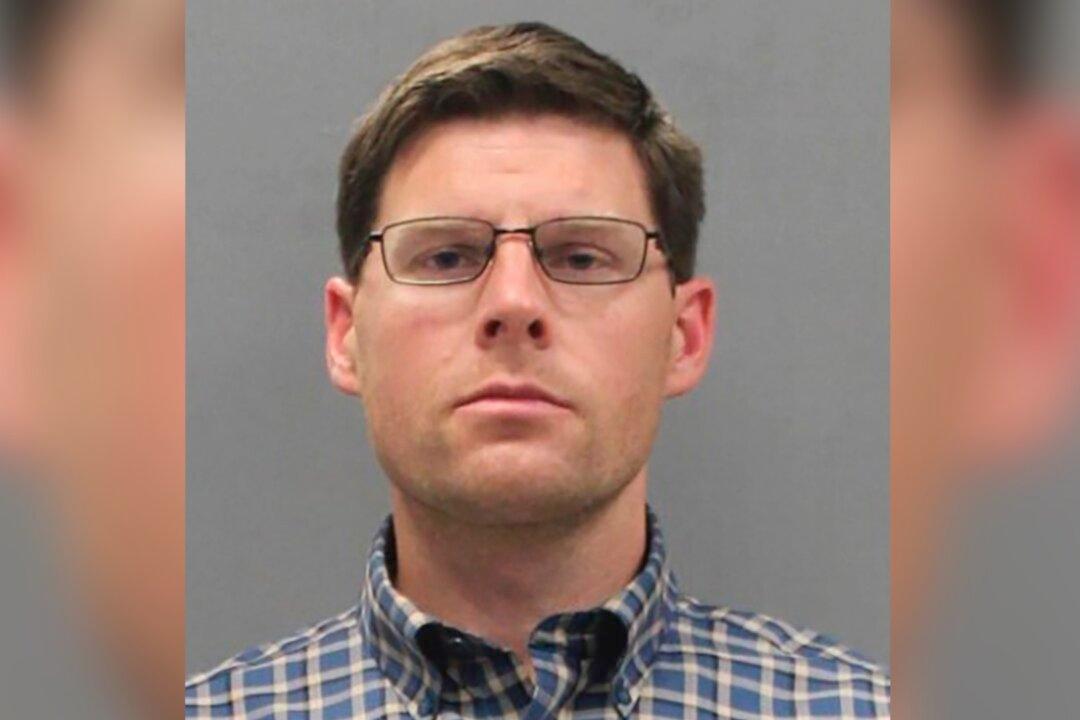A Virginia doctor was this week sentenced to 40 years in federal prison for illegally prescribing about half a million doses of highly addictive opioids over a two-year period.
Joel Smithers, a 36-year-old married father of five, was sentenced by Judge James Jones in U.S. District Court in Abingdon on Oct. 2 and was ordered to pay a special assessment of $86,000.





